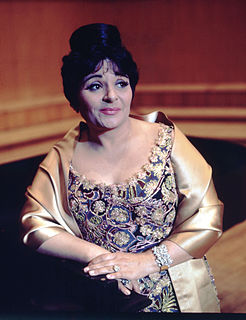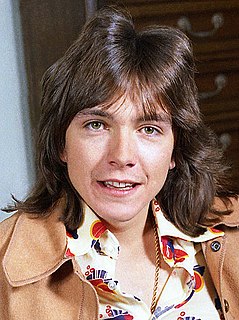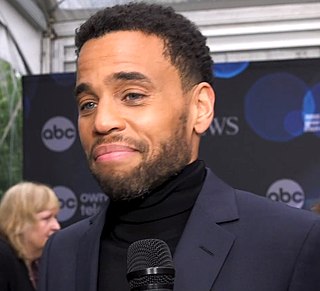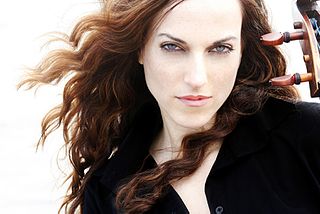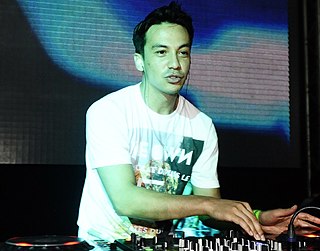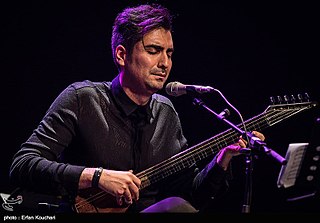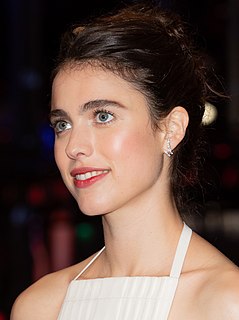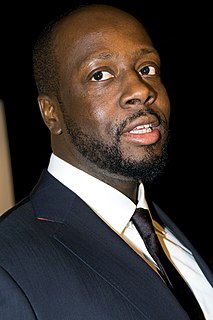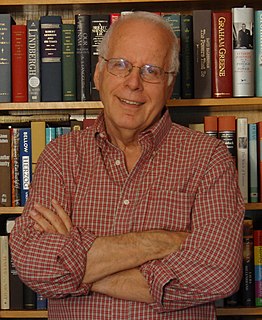A Quote by Victoria de los Angeles
After that I won a prize, I was with a group of ancient music of Spain that they helped me a lot with a grant, you see, during three years. And so I made my debut in 1944 and I found myself helping my family, it was a very poor family.
Related Quotes
I found the place where I was beaten bloody forty years earlier and dragged to jail and that made me cry. When the family came out, that made me cry, and the reason I had a hard time leaving Grant Park was that to see a million people like that, feeling the way that million people felt, was so exhilarating.
My first heartbreak devastated me, but it was the support of my family and my second family, my church family, that helped me understand that it wasn't my fault, and that everything was going to be alright. That helped me tremendously later in life because in this acting business, there are a lot of things beyond your control.
We are made for goodness. We are made for love. We are made for friendliness. We are made for togetherness. We are made for all of the beautiful things that you and I know. We are made to tell the world that there are no outsiders. All are welcome: black, white, red, yellow, rich, poor, educated, not educated, male, female, gay, straight, all, all, all. We all belong to this family, this human family, God's family.
I started producing in 1992 at the age of 15, when I found out music could be made with the help of a computer. I come from a musical family, but was always the family member not as good as the others. So once I found out I could release the music that was stuck inside my head through a computer, I knew I found what I wanted to do for the rest of my life.
My father was born and raised in Havana, Cuba. His family is from Spain. My father never taught me how to speak Spanish when I was little. That's very disappointing to me. I'm still planning on learning it on my own. I really want to travel to Spain and immerse myself in the culture and learn it on my own.
In 1980, after 10 years at 'The Times,' I was at a crossroads in my personal life. I loved my family, but I was also so obsessive about my work that I found myself devoting more and more time to it. I wanted to be everywhere there was a good story, and that meant I had to choose between that and being with the family on important days.
